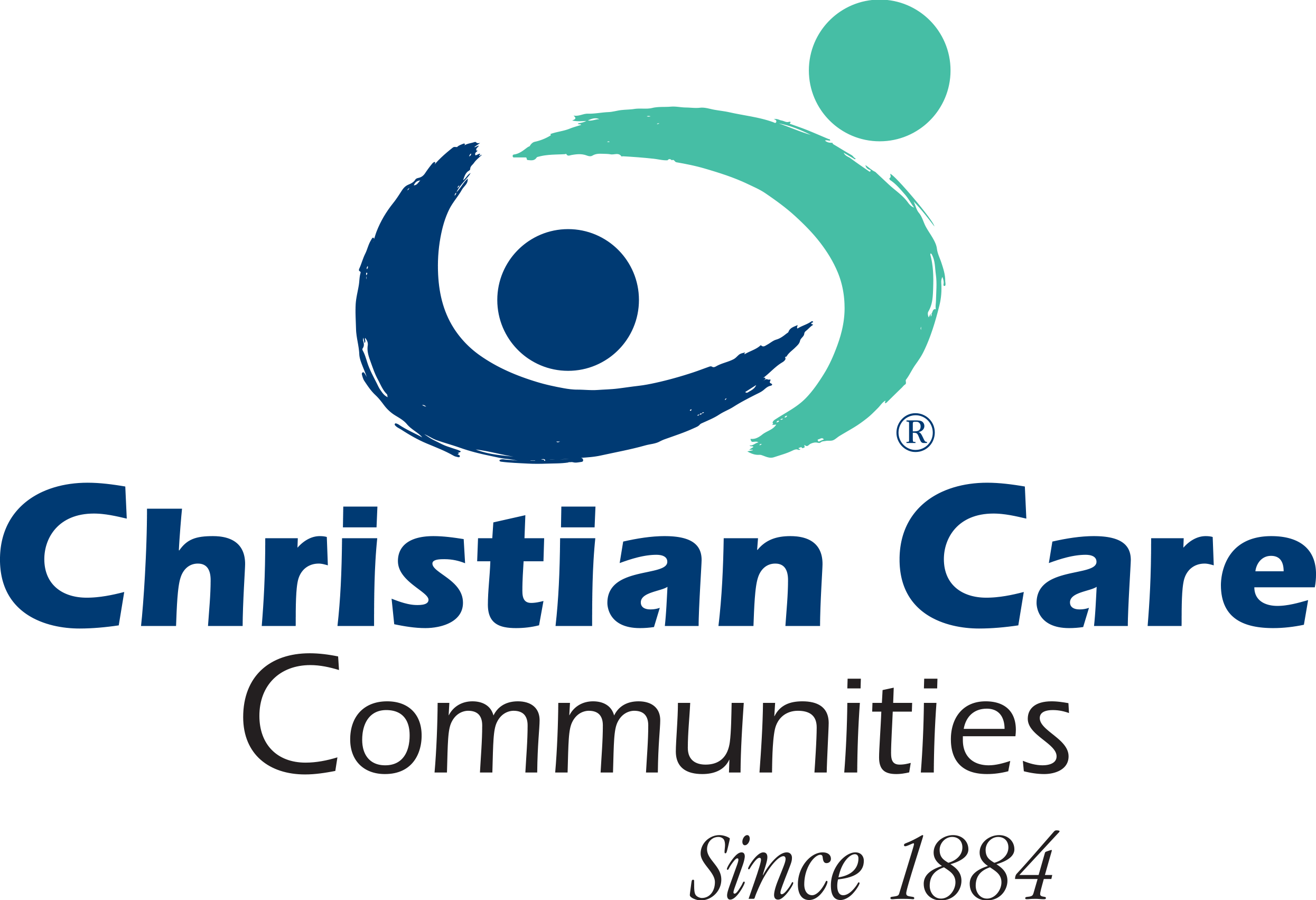Best friends approach
Since The Best Friends™ approach to dementia and Alzheimer’s care was introduced in 1997, the approach has grown to become an internationally recognized model for senior care. It was developed by Virginia Bell, MSW, and David Troxel, MPH, both masters in the field of senior caregiving for those living with Alzheimer’s disease and other dementias. Together, Bell and Troxel have over 60 years of experience working at the university and community level, using their expertise to create an effective, meaningful model of care.
At the heart of the Best Friends™ Approach is the understanding that relationships are fundamental to supportive care. Empathy, respect, support, trust and humor – the essential elements of friendship – create a meaningful bond between seniors and their caregivers and allow aging adults to live with dignity and purpose, despite their physical or cognitive disabilities.
Where Best Friends Are Made
In many cases, families wait until they are exhausted to seek additional support; often they devote all their time to caregiving and little if any time to support groups and seeking out additional alternatives. Then it happens; that “near miss” incident; their loved one leaves the house unattended or exhibits aggressive and possible harmful behaviors. As an organization who totally embraces the Best FriendsTM Approach to care; Christian Care Communities offers both residential and adult day health services; giving caregivers that desperately needed break and being a Best Friend to the individual with Alzheimers/Dementia. While some still picture fluorescent lighting and long, lonely hallways, residents sitting silently in a row with nothing to do, the reality of residential care has blossomed in recent years. Christian Care Communities’ Best FriendsTM Day Center, Bridgepointe at Ashgrove Woods, Bridgepointe at Village Manor and The Homeplace at Midway, has redefined the residential and adult day health experience, and it’s much brighter.
Tonya Cox, Christian Care Communities Executive Director, and co-author of the Best FriendsTM Approach to Dementia Care says;. “For many of our residents, moving into our community expands their life more fully, instead of causing the limitations that many seniors fear. We make this possible through the Best Friends™ Approach to care, a personalized care model that emphasizes the importance of relationships in senior care. When you’re surrounded by best friends who know, love and care for you, life opens up.”
“We are changing the way families and seniors view residential living and supportive care The Best Friends™ Approach makes resident care personal for us. It changes the lives of our staff as much as it does our residents’. The relationships that grow in our community leads to lower staff turnover, fewer injuries, falls or hospitalizations for our residents, and increased satisfaction for everyone involved.” says Mary Lynn Spalding, President and Chief Executive Officer of Christian Care Communities
“The Best Friends™ Approach is a game-changer in assisted care. Every interaction, conversation and decision is full of compassion for each individual resident.”
What Does It Look Like to Live as Best Friends™?
Recognized internationally as an accumulation of the best practices in memory care, the Best Friends™ Approach emphasizes key principles of compassion, empathy and respect in the face of chronic illness, cognitive impairment and age-related challenges. The model acknowledges that those suffering from Alzheimer’s disease – or any struggles that accompany age – still deserve the right to a meaningful quality of life, as well as the care it takes to support that kind of lifestyle.
According to the Best Friends Dementia Bill of Rights that Bell and Troxel developed, every person deserves:
- To be informed of their diagnosis and have ongoing medical care
- To be treated as an adult, listened to and given respect for their feelings and point of view
- To be around those who know their life story
- To experience meaningful engagement throughout the day
- To live in an environment that’s both safe and stimulating
- To be part of a community
- To be cared for by well-trained professionals
The Best Friends™ Approach promotes a relationship that in turn delivers a meaningful care experience, revolving around the idea that the best care begins with the acknowledgment of a person’s life story – a story that is unique, important and worthy of being told. Then, the benefits of friendship can begin to transform lives. The more a caregiver knows about the one they’re caring for, the more they can provide appropriate assistance and support.
Knowing someone’s life story is exceptionally important for those with memory loss, as they can no longer share their stories on their own. Often, the caregiver works as a detective to get to know a person with dementia, seeking the help of family members to understand their new friend. They learn about the person’s likes and dislikes, hobbies and pastimes, childhood memories, occupations, family members, milestones and more. This knowledge transforms into individualized services, activities and conversations that promote exceptional care and dignity for those living within a community.
- If you would like to learn more about the Best Friends™ Approach to care, visit https://bestfriendsapproach.com/
- To read more about the second edition of The Best Friends™ Approach to Dementia Care, visit https://www.healthpropress.com/product/best-friends-approach-to-alzheimers-care-second-edition/
